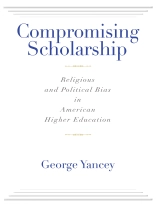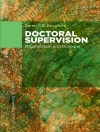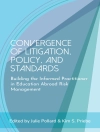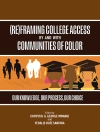Conservative and liberal commentators alike have long argued that social bias exists in American higher education. Yet those arguments have largely lacked much supporting evidence. In this first systematic attempt to substantiate social bias in higher education, George Yancey embarks on a quantitative and qualitative analysis of the social biases and attitudes of faculties in American universities–surveying professors in disciplines from political science to experimental biology and then examining the blogs of 42 sociology professors. In so doing, Yancey finds that politically–and, even more so, religiously–conservative academics are at a distinct disadvantage in our institutions of learning, threatening the free exchange of ideas to which our institutions aspire and leaving many scientific inquiries unexplored.
Table of Content
List of Figures and Tables
Acknowledgments
1 Introduction
2 Historical and Social Bias within Academia
3 With Whom Do Sociologists Want to Work?
4 Qualitative Explorations of Biases among Sociologists
5 Tolerance and Bias in Other Academic Disciplines
6 Social Bias and the Nature of Scientific Inquiry
7 What Can Be Done to Deal with Social Bias in Academia
Appendix
Supplemental Material
Notes
Bibliography
Index
About the author
George Yancey is Professor of Sociology at the University of North Texas. His books include What Motivates Cultural Progressives?: Understanding Opposition to the Political and Christian Right.












